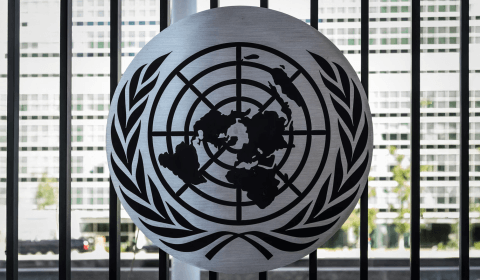The World Health Organisation has declared loneliness a significant global health threat. A newly formed commission’s US surgeon says that the mental state is as detrimental to human health as smoking 15 cigarettes a day.
We all know that loneliness is grim, but it appears we’ve been underestimating the toll solitude takes on all of us.
The World Health Organisation (WHO) recently constructed an international commission to delve into the science behind the mental state, which is bringing to head some surprising early results.
The team’s lead surgeon, Dr Vivek Murthy, has gone as far as to declare loneliness ‘a global health concern’ with higher detriment to human health than smoking 15 cigarettes per day. Murphy also states that its risks trump those of obesity and physical inactivity.
After a slew of previous studies went public highlighting the potential correlation between loneliness and an increased likelihood of dementia – not to mention brain shrinkage – the WHO brought 11 leading international experts together to form a comprehensive research cohort which will continue working for three years.
The latest data suggests that in older adults, loneliness is associated with a 50% higher chance of developing dementia and a 30% greater risk of incident related to coronary artery disease or stroke.




















